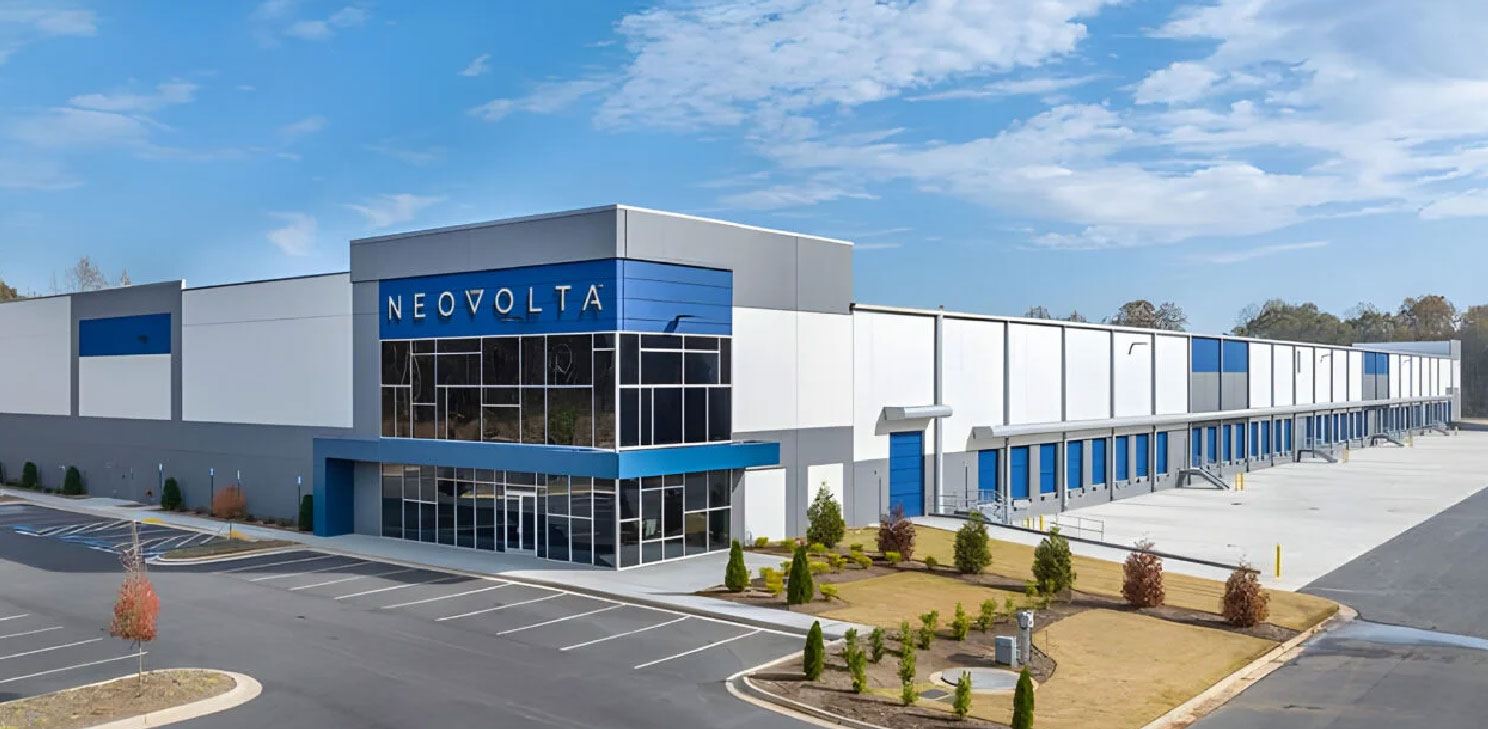The adoption of electric off-highway equipment is quickly growing globally but with increasing numbers of electric vehicles (EV) more charging infrastructure is also necessary as battery life can still be limited for larger vehicles and applications. Hesitancy to work with EV machinery centres on having enough power and torque to do the work as well as keeping equipment charged.
High-voltage charging solutions for non-road machinery are rapidly gaining traction in the industry. They offer significant advantages over traditional charging methods such as reduced resource usage, improved energy efficiency, and increased sustainability. These systems use thinner conductors, which help reduce the vehicle’s overall weight. Additionally, high-voltage charging systems require fewer conductors and less metal, making the vehicles more economical and environmentally friendly. The key principle behind high-voltage charging is to leverage direct current (DC) charging instead of alternating current (AC) charging, as it allows for more efficient power transfer. This reduces power losses and enhances performance.
The adoption of high-voltage charging solutions, specifically 800-volt systems, holds great promise for the non-road machinery industry. These solutions are designed with upcoming developments in mind and are well-positioned to meet the demands of battery technology. As advancements continue, the potential for higher-capacity batteries in future EVs is expected. By implementing high-voltage charging systems, non-road vehicles can be charged at a faster rate, reducing downtime and maximising productivity on job sites. By embracing high-voltage charging solutions, the industry can ensure that its charging infrastructure remains compatible with evolving technology.
There are challenges with the transition to 800-volt systems as new generations of semiconductors improve the efficiency of electric motors but also increase the stress on the components and insulation system due to electrical arcing, also known as partial discharges. This necessitates using more robust fuses, cable insulation, plugs, and contactors, which often need to be redesigned to meet the specifications of newer systems. There is also an increase in electromagnetic compatibility challenges, and the system requires more complex thermal management, especially within the battery compartment. Inside the batteries themselves, there is an increase in stress on the components. The availability of materials and components designed for 800-volt systems is limited, on the rare occasion they are, they often have very high entry prices, making them less accessible. Continuous monitoring of insulation, voltage levels, and resolution loss is a significant challenge in these systems. Early detection and interruption of insulation faults are essential. Faults in the insulation system during normal operation can be caused by various factors such as contamination, salt, humidity, faulty connectors, or beam influences.
EV charging stations, especially mobile transportable ones that can be connected by an electrician on the site, can be temporarily installed until the job is finished on the job site and then moved to another location. The Zapi Group, exhibitor at our upcoming event DZOMUSA focusing on the innovations of designing zero-emission off-highway machinery, offers high-frequency battery chargers from two of their companies, Zivan and Delta-Q. Zivan specializes in charging technology and provides reliable and robust charging solutions for electric-powered machines and vehicles. Delta-Q is a leading manufacturer of industrial battery chargers for lead-acid and lithium-ion batteries.
Currently, the charging infrastructure development is primarily driven by electric road vehicles — as more and more electric vehicles come out, better charging infrastructure will become available long-term for electric off-highway vehicle owners. High-voltage charging solutions provide a way to rapidly charge machinery that requires large power outputs but they still have obstacles to implementation. Meet with the Zapi Group, Delta-Q and Zivan as well as many other exhibitors providing solutions for zero-emission off-highway vehicles at the DZOM EXPO, taking place at the Donald E. Stephens Convention Centre in Chicago, IL, on December 3–4, 2024.
For more information, visit our website or email us at info@innovatrix.eu for the event agenda.















